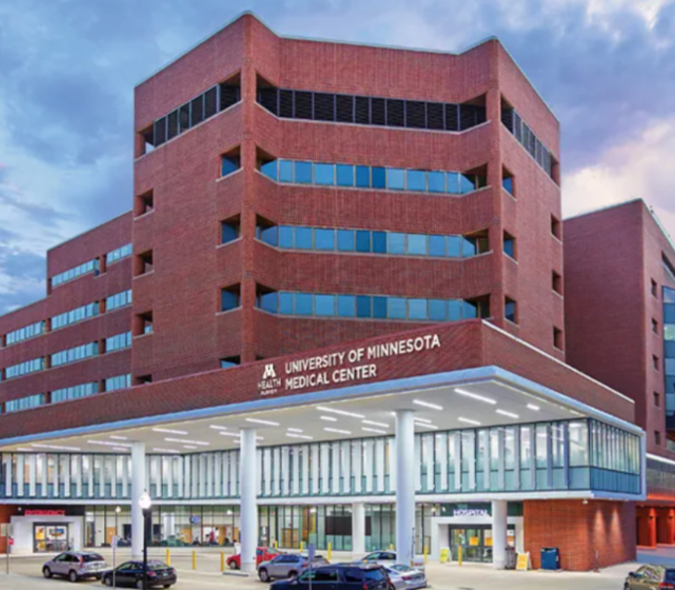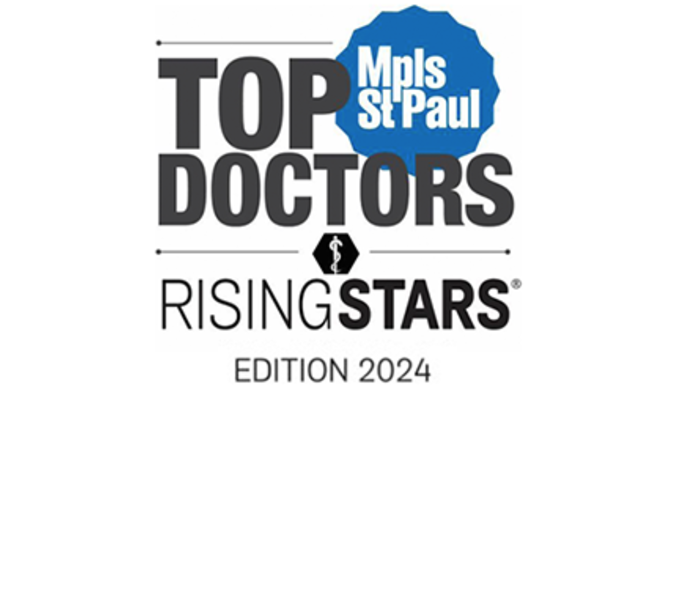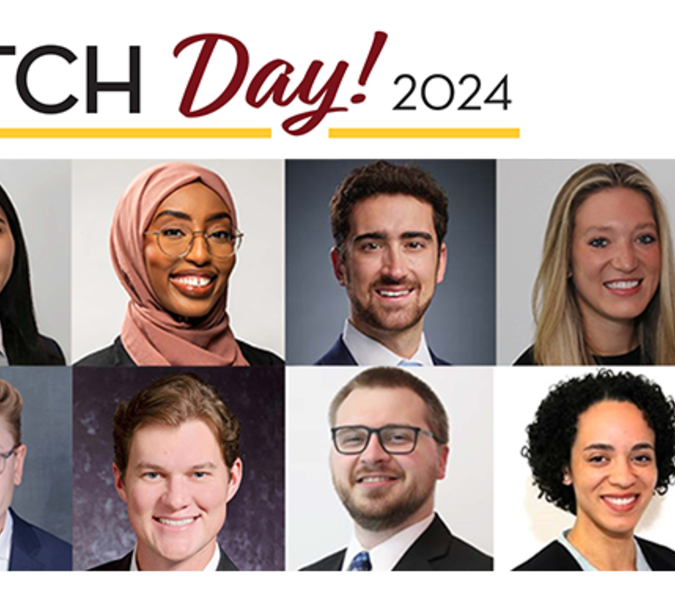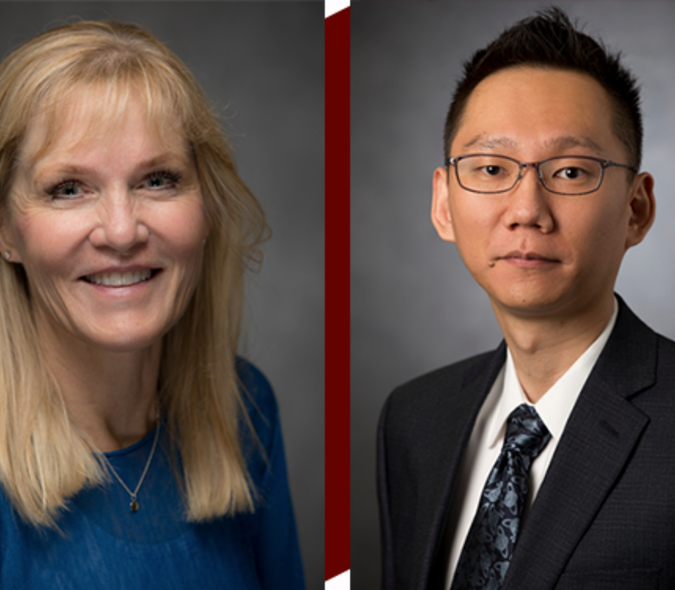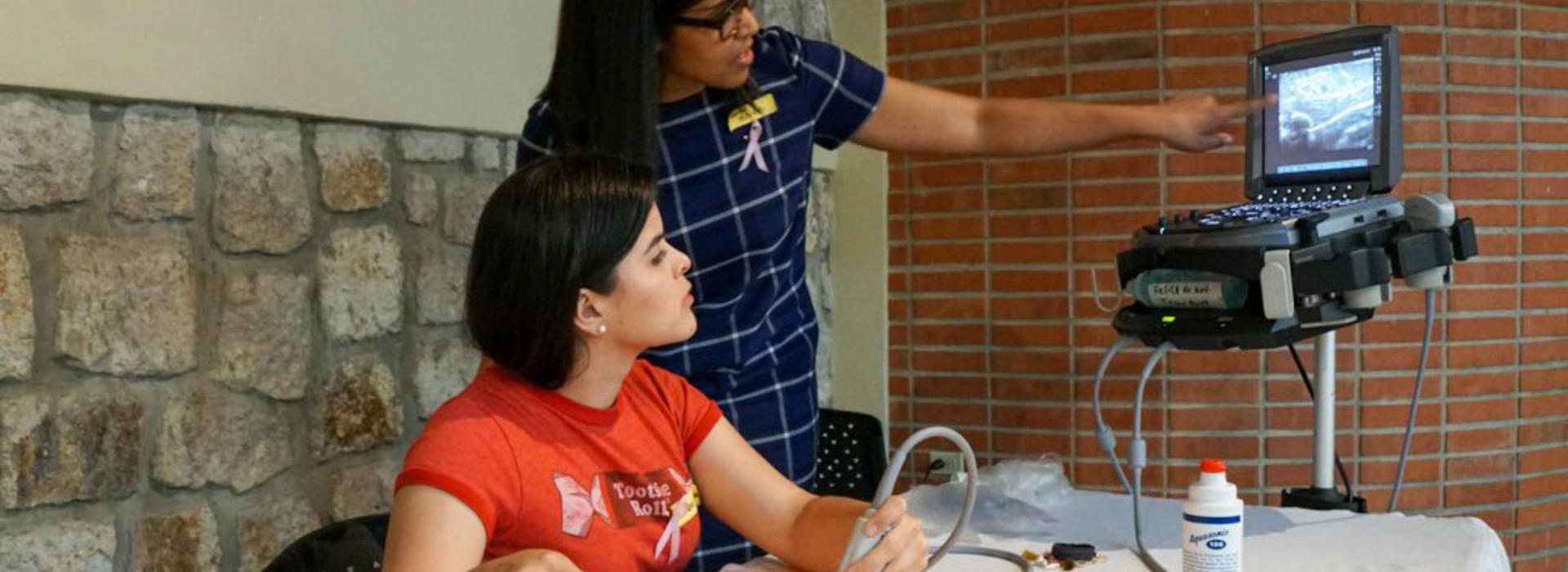
Members of the Department of Radiology Provide Medical Care Throughout the World
Several faculty members from the Department of Radiology aren’t limiting their impact to just Minnesota or even the United States. Drs. Ngoneh Jallow, Noelle Hoven and Siobhan Flanagan are involved with global medicine initiatives that provide resources and education to people throughout the world and often in places that are desperately in need.
Gambia - West Africa
Ngoneh Jallow, PhD, sees her international work as more than a volunteer opportunity—for her, it’s personal. Dr. Jallow was born in Gambia before coming to the U.S. at age 15. Now, she’s working assiduously to provide better imaging resources to the Gambian population.
Dr. Jallow co-founded a non-profit, SCHEDA, with a goal to build a self-sustainable catheterization lab. It is a massive undertaking that is already two years in the making. Once completed, it is intended to be low-cost and low-maintenance and will hopefully be a pilot case for others in the future. The lab will provide cardiovascular diagnostic services to many within the area who would otherwise go without it.
“Personally it makes me really, really happy and excited to be able to do this. To be able to do something for them and see the impact that it has... I don’t think I can explain the gratitude that is shown from the people that are there,” Dr. Jallow said.
She is also working to implement point-of-care ultrasound into low-resource areas. Accessibility is a major concern, but this type of ultrasound is very cheap and can be transported easily. Plus, Dr. Jallow already knows the physics of the equipment, which allows her and her partners to train others while on the ground.
“People are so happy to see you because they know you’re going to make a difference in their lives,” she said.
Honduras - Central America
Recently, Noelle Hoven, MD, traveled to Honduras with surgical oncologist, Dr. Todd Tuttle, and his multidisciplinary team, including surgeons, medical oncologists, medical students, an ultrasound technologist and general volunteers. It was a collaborative effort, and the group worked together to provide care to the local community.
“I went down as a radiologist, but it was really about teamwork. There were times when I was filling in for people who needed help and opportunities to provide direct care alongside the surgeon and local doctors,” Dr. Hoven said.
In addition to providing patient care, Dr. Hoven presented at the first Breast Cancer Education Conference hosted by One World Surgery (OWS). This event included speakers from both Honduras and the University of Minnesota. Together, with radiologist Dr. Michael Nelson and Emily Thomas, an ultrasound technologist from Park Nicollet, Dr. Hoven hosted a hands-on, ultrasound-guided core needle biopsy workshop at the conference for practicing physicians, medical students and other healthcare providers.
In many areas of Honduras, access to routine healthcare and imaging evaluation can be challenging. OWS in Honduras improves healthcare access by providing high-quality care with the help of an outstanding local team and collaboration with surgical and medical missions throughout the year. The experience motivated her to return.
“It rekindled my spirit for service. The trip was incredible. I wanted to make this an annual tradition. Even before the coronavirus hit, we were talking about potential opportunities to collaborate on education and research,” Dr. Hoven said.
In time, Dr. Hoven wants to bring radiology residents on the trip, too, so they can experience the positive impact that the work has on the lives of the patients served in this community.
Tanzania - East Africa
Siobhan Flanagan, MD, first experienced international medicine as a fourth-year resident. In Tanzania, the resources available at every physicians’ fingertips are drastically less than in the U.S. As Dr. Flanagan’s role transitioned into an interventional radiologist, she recognized that there was no effective way to treat liver cancer in Tanzania, and her interest in solving the problem led her back to help.
There are many instances of Hepatitis B in the country, which can often lead to cirrhosis, liver cancer and death. The stigma surrounding the disease is equally as prevalent, and it remains a barrier for people to seek care. Hepatitis B is treatable if caught soon enough, but with poor infrastructure and many residents living without transportation, traveling to a clinic quickly becomes an immense burden. Dr. Flanagan explained how they’re working to negate this.
“Our goal is to establish a clinic where patients can come and get screened. If they have Hepatitis B, then they can get a liver ultrasound, and if it shows a mass or lesion then they undergo further specialized scans to determine if it is liver cancer,” she said. “If patients need, they can get a biopsy as well. We can actually offer treatment in the same setting, so that traveling back and forth for care isn’t an issue.”
Taking care of the entire process at one time is critical for residents who struggle to gain access to healthcare in the first place. In addition, providing treatment and demonstrating positive outcomes also works to reduce the stigma attached to the disease.
“Where I normally practice, everything is available to all patients. In Tanzania, you’re potentially impacting many lives by establishing this clinic. Some of the people can’t even believe they can get treatment. It is an opportunity to affect many lives to a magnitude we do not always get the chance to do so in the U.S.,” Dr. Flanagan said.
